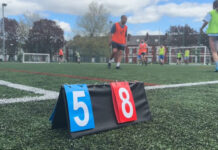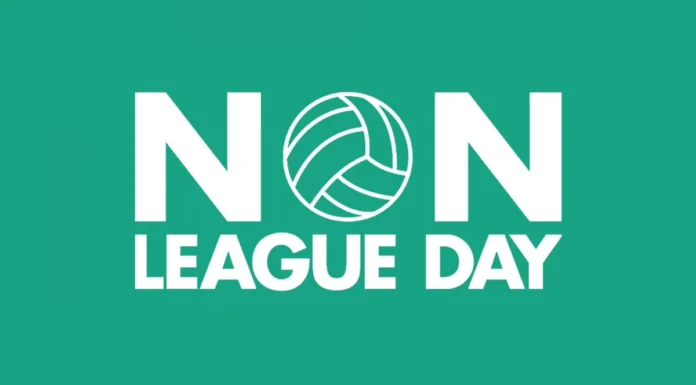As women’s football continues to grow in England and the Lionesses continue being trailblazers in football, it is important to remember how the lost lionesses paved the way.
Representing England
The Lost Lionesses refers to the first English women’s football team to compete internationally.
Women’s football in England was banned for 50 years between 1921 and 1971.
In 1971 Harry Batt, a bus driver form Luton, created and coached a team of 14 girls- mostly aged 19 or below.
He trained them and took them to the Women’s World Cup in Mexico in 1971.
The girls went from practising in parks to competing in front of 90,000 fans in a packed-out stadium.
The attitude in Mexico towards the team was drastically different than what they were used to.
A police escort was required to enable the team to get through the huge crowd of fans.
They played the host country, Mexico, in their second match of the tournament and unfortunately lost, meaning they headed home.
Silenced
Despite the warm reception in Mexico, Batt and the team were met with backlash and bans when they returned to England.
As women’s football was still banned the players were handed suspensions and bans on their return.
From the highs in Mexico to having his teams disbanded and being banned from football, Batt’s work was taken away.
For some of the Lost Lionesses that World Cup would mark the last time they would play football due to the suppression of their achievements.
As the tournament was deemed unofficial the team are yet to be officially recognised despite being pioneers in women’s football.
Mitre and Jon-Paul Wheatley collaborated to create an upcycled football that took inspiration from over 30 years of footballs.
They presented the football to Batt to commemorate his work and achievements in his career.
Shortly after the Lost Lionesses returned, the ban on women’s football was lifted after the Women’s Football Association put pressure on the FA.
The first official WFA England team competed against Scotland in November 1972, where the lionesses achieved a 3-2 victory .
The game today
The Lionesses have continued to grow the game within England and inspire the next generation.
After their Euros win in 2022, women’s football in the UK has soared in popularity.
Since the Euros, 129,000 more girls are playing football in schools and 34,000 more women and girls are playing football recreationally.
Sky saw their Women’s Super League numbers soar from 111,000 before the Euros to 220,000 the season after. Similarly, BBC’s WSL viewership numbers went from 393,000 to 522,000.
The Lionesses continue to either sell out or sell a high number of tickets for Wembley Stadium every International break.
A new Lioness legacy has been developed but it is important to remember who paved the way for this to happen.
Featured image courtesy of Alamy under agreed licence.

















